Funding Options for Startups & Small Businesses: Where to Find the Cash to Grow
For startups and small businesses, securing funding is often the biggest hurdle to growth. Whether you’re launching a new venture, expanding operations, or investing in innovation, having access to the right financial support can make all the difference.
But where do these funds come from, and how can businesses access them? Here’s a breakdown of the key funding options available and how investment advisory firms like Kognise help businesses navigate the process.
1. Bootstrapping: Funding Growth from Within
Many entrepreneurs self-fund their businesses, using personal savings, reinvesting profits, or tapping into early revenue streams.
✅ Pros: Full control over the business, no interest or equity dilution.
❌ Cons: High financial risk, limited scalability.
💡 How to Access: Start by minimizing costs, reinvesting revenue, and keeping overheads low in the early stages.
2. Friends, Family & Angel Investors
Startups often turn to personal networks or individual investors (angels) who provide capital in exchange for equity.
✅ Pros: Flexible terms, potential mentorship from angel investors.
❌ Cons: Mixing business with personal relationships can be risky, and angel investors may seek significant equity.
💡 How to Access: Platforms like the UK Business Angels Association (UKBAA) or Angel Investment Network help connect businesses with angel investors.
3. Government Grants & Loans
Governments and local authorities offer grants, loans, and tax relief schemes to support small businesses and startups.
✅ Pros: Non-repayable grants or low-interest loans, no equity loss.
❌ Cons: Competitive application process, strict eligibility criteria.
💡 How to Access:
- Innovate UK Grants – Funding for research and innovation projects.
- Start Up Loans (British Business Bank) – Loans of up to £25,000 with mentoring support.
- R&D Tax Credits – Helps businesses reclaim tax on innovation-related costs.
4. Venture Capital (VC) Funding
For high-growth startups, venture capitalists (VCs) provide investment in exchange for equity, usually in multiple funding rounds.
✅ Pros: Large sums of funding, access to industry expertise.
❌ Cons: Loss of equity, pressure for rapid growth and returns.
💡 How to Access:
- Research VCs specializing in your sector (e.g., Seedcamp, Balderton Capital).
- Prepare a strong pitch deck and demonstrate market potential.
- Seek introductions via industry events and networking platforms.
5. Crowdfunding: Raising Capital from the Public
Crowdfunding allows businesses to raise money from a large number of small investors via platforms like Crowdcube, Seedrs, or Kickstarter.
✅ Pros: Can build brand awareness, doesn’t always require giving up equity.
❌ Cons: Requires strong marketing, risk of failure to meet funding targets.
💡 How to Access:
- Choose between equity crowdfunding (selling shares) or reward-based crowdfunding (offering products or perks).
- Create a compelling campaign and promote it across social media.
6. Business Loans & Alternative Lenders
Traditional bank loans and alternative lenders provide funding for businesses with a solid financial history.
✅ Pros: Retain full ownership, structured repayment plans.
❌ Cons: Requires good credit history, potential high interest rates.
💡 How to Access:
- High street banks (e.g., Barclays, HSBC, NatWest) offer SME loans.
- Alternative lenders like Funding Circle provide faster, flexible financing options.
7. Corporate Investment & Strategic Partnerships
Larger companies sometimes invest in or partner with startups that align with their business strategy.
✅ Pros: Access to funding, resources, and industry expertise.
❌ Cons: Risk of losing independence, reliance on corporate priorities.
💡 How to Access:
- Approach corporations with aligned interests.
- Pitch your business as a strategic investment opportunity.
8. Investment Advisory Firms: The Role of Kognise
Navigating funding options can be complex, and that’s where investment advisory firms like Kognise come in.
🔹 Investor Matching – Identifying the right funding sources for your business.
🔹 Pitch Deck & Business Plan Support – Refining investment proposals for maximum impact.
🔹 Due Diligence Preparation – Ensuring financials and business models meet investor standards.
🔹 Deal Structuring & Negotiation – Securing the best terms for funding agreements.
Having the right guidance increases your chances of securing investment while ensuring sustainable growth.
Final Thoughts: Choosing the Right Funding Strategy
The best funding option depends on your business stage, growth plans, and risk tolerance. Many businesses use a combination of funding sources to maximize opportunities while minimizing risks.
🔹 Early-stage? Start with bootstrapping, grants, and angel investors.
🔹 Scaling up? Consider venture capital, business loans, or crowdfunding.
🔹 Looking for strategic growth? Corporate investment or advisory-led funding may be the best route.
No matter which path you take, preparation is key—so get your business plan, financials, and pitch ready to impress potential investors.





